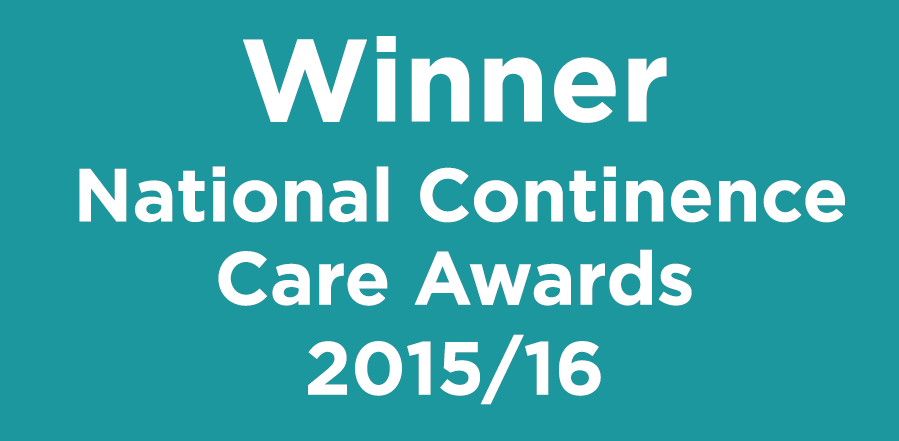Evidence
Publications
Impact of fatigue as the primary determinant of functional limitations among patients with post-COVID-19 syndrome: a cross-sectional observational study
Published in BMJ Journals in June 2023
The study uses Living With’s data from the Covid Recovery product (LWCR).
The study concludes with the following paragraph: “In this first UK national study reporting clinical symptoms from patients referred for assessment and treatment of PCS, we demonstrate high levels of functional impairment and low HRQoL. Fatigue appears to be the symptom most strongly associated with functional impairment. Currently, clinical services lack evidence-based approaches in treating patients experiencing fatigue related to PCS with no standard rehabilitation pathway. This requires further targeted research. Our future work to explore the recovery trajectory of patients using the LWCR DHI may help to establish the extent to which WSAS and other PROMs are sensitive to changes in the health of a patient with PCS. This work can contribute to the identification of PROMs best suited for use in assessing, managing and treating patients with PCS, both digitally and in face- to-face appointments.”
Read more on BMJ Journals.
Development, deployment and evaluation of digitally enabled, remote, supported rehabilitation for people with long COVID-19 (Living With COVID-19 Recovery): protocol for a mixed-methods study
Published in BMJ Open in February 2022
DOI: 10.1136/bmjopen-2021-057408
Findings show that Living With Covid Recovery ‘strengths include the inter-disciplinary approach, with a partnership between patients, clinicians, industry and academics, plus combining approaches used in engineering/computer science, for example, UCD and the HCI lifecycle, with those more familiar to biomedical researchers, for example, the MRC Framework for complex interventions. The strong use of theory to underpin the research should enhance transferability of findings.’
‘This initial study will provide considerable insight into patient, clinician and health service requirements for digitally supported rehabilitation for long COVID-19, together with very substantial, real world data on acceptability, uptake and use, going far beyond the usual pilot studies so often used as evidence of acceptability and feasibility, with data on scalable, and hopefully, sustainable, deployment. It will also generate data on symptoms and illness trajectories in a treatment-seeking population which includes non- hospitalised patients, making it unique among current cohort studies. Long-term investment will require causal evidence of effectiveness, and NIHR has funded the STIMULATE-ICP project, which includes a cluster randomised controlled trial comparing LWCR to standard care, due to report in 2023.’
Read more on BMJ Open.
The multidisciplinary, theory-based co-design of a new digital health intervention supporting the care of oesophageal cancer patients
Published in Digital Health in January 2021
‘This paper provides a detailed description of the multiple sector co-design of a DHI to provide support for oesophageal cancer patients. It aims to address an area of unmet need for oesophageal cancer patients and has the potential to have a high impact on improving patient care and optimising cancer services. It can hopefully be used as a basis from which future studies formally assessing its effects on quality of life and patient outcomes can be developed.’
Read more on PubMed.
Capturing remote disease activity – results of a 12-month clinical pilot of a smartphone app in NHS rheumatology clinics in Bristol
Published in Rheumatology 59.8 on 7 February 2020
Living With Arthritis is delivering an efficient shift in working practice: a virtual review takes approximately 15 minutes to complete (including administration time) versus F2F reviews which take 30 minutes & 10 minutes of administration time.
This leads to considerable time savings on clinical nurse specialist time, and over the last 14 months, at the North Bristol Trust, 142 hours of clinical nurse specialist time have been saved.
Read more on Rheumatology.
Awards




EHI Awards 2016: Best use of technology to share information with patients and carers.

Winner 2016 Inspiring Innovator Award – Health Innovation Network

Winner of the National Continence Care Awards 2015/16.
Case Studies, Service Evaluations and Digital Playbooks


